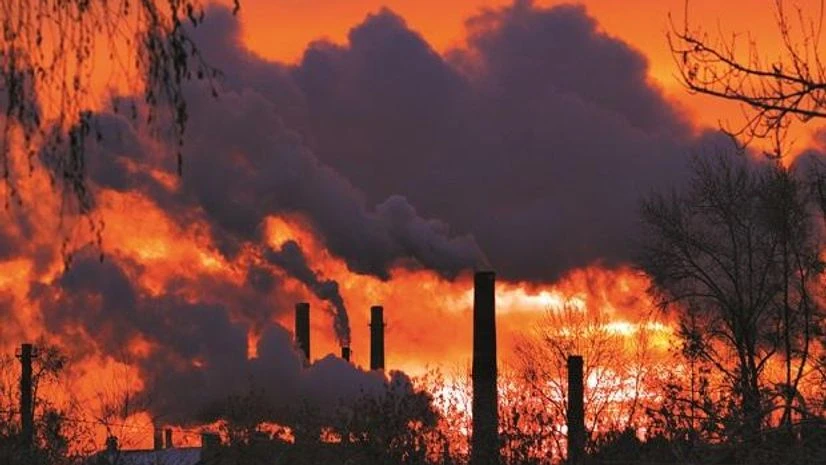As Europe shows global leadership in the fight against climate change with the Green Deal and the new "fit for 55" proposals, around 45 per cent of European Union (EU) firms report investments to address climate change.
Nearly half of firms in the EU have invested in energy efficiency, up from 37 per cent in 2019 to 47 per cent in 2020. Although EU firms show commitment, enhancing their awareness of climate change-related risks will be the key to greater climate investment.
These are the key findings of a new European Investment Bank (EIB) report "European firms and climate change 2020/2021: Evidence from the EIB Investment Survey" that was published on Monday.
The new report provides an overview of EU firms' perceptions of climate risks, their investment to address those risks and the main factors influencing their decisions.
The report builds on the EIB Investment Survey, an EU-wide survey that includes interviews with over 13,500 firms. These report findings are comparable across EU countries and the United States, as well as sectors and firm size.
Also Read
"The catastrophic rainfalls and terrible loss of life this summer should leave no doubt that climate change is happening. We can no longer afford a wait-and-see attitude," said EIB Vice-President Ricardo Mourinho Felix.
"Our latest study shows that if we want the transition to a greener economy to succeed, raising awareness of those risks matters: EU firms that understand those risks are more likely to invest in climate action. Regulatory requirements and transparency, as well as setting the right incentives for businesses will be crucial. Firms need to plan today to gain a competitive edge or risk losing ground to more forward-thinking competitors.
"As the EU climate bank, we finance climate projects around the world. We can assure you, becoming green pays off -- for the environment but also economically."
"As the realities of climate change become more apparent, firms have to start accounting for climate risks," said EIB Chief Economist Debora Revoltella.
"Nearly 60 per cent of EU firms perceive physical risks, while transition risk is less well understood. The majority of firms are unaware of the challenges ahead and how to adapt to regulatory changes that will affect their supply chains, products, or reputation. Enhancing firms' awareness of these risks will be as important as reducing uncertainty about regulatory changes.
"The 'fit for 55' package has opened the way for fruitful discussion among EU countries about a clear regulatory framework, enhanced climate awareness and proactive public and private investments."
Around 45 per cent of EU firms report investments to address climate change, compared to 32 per cent of firms in the US.
Western and Northern Europe saw the largest share of firms investing in these measures, at 50 per cent. The share in Southern Europe is 38 per cent and in Central and Eastern Europe 32 per cent. At the country level, the differences are even more pronounced: Finnish (62 per cent) and Dutch (58 per cent) firms are at the forefront of climate investments, whereas only 23 per cent of Cypriot, 19 per cent of Irish and 18 per cent of Greek firms make this kind of investment.
When it comes to specific investments in climate change, the push towards energy efficiency continues. Nearly half of firms in the European Union have invested in energy efficiency, rising by ten percentage points to 47 per cent in 2020. This is slightly lower than the 50 per cent of firms that invested in energy efficiency in the US, which saw a similar jump from 2019.
Firms in Western and Northern Europe invest the most (48 per cent), followed by Southern, Central and Eastern Europe, standing at around 40 per cent. Despite higher energy efficiency investments than in the previous year, Europe's energy savings potential remains largely untapped given the energy and non-energy benefits that these entail.
--IANS
vg/ksk/
(Only the headline and picture of this report may have been reworked by the Business Standard staff; the rest of the content is auto-generated from a syndicated feed.)

)
